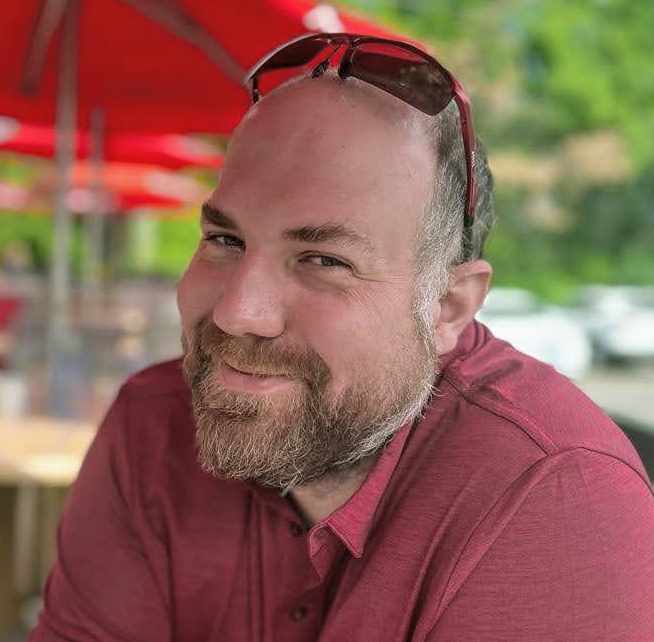I got one of the best compliments Yesterday. Someone I worked with previously is interested in starting discussions around mental health at their new workplace because of how much it helped them when we worked together.
I mentioned a bit of what happened (most of this was not done by me, I was just one small part of the events that happened) and I thought it might be helpful to share here.
It first started with someone saying that during one of the company meetups they would have a 1h thing where people can just come and chat about mental health in a random room. There were a few people who showed up. We decided to create a private slack channel where people could just talk openly about mental health. Word of mouth started spreading, especially among people who were like “Well, it’s not really _that_ bad, I don’t have a diagnosis, etc etc”. We welcomed them all.
I (and I’m sure many others) had follow up conversations with folks who were mentioning going thru rough patches. Since I was quite open about it, often mentioning in the #watercooler channel if I was feeling depressed or anxious and taking a break, lots of folks send me DMs just asking me about it and just wanting to chat. Sometimes it was about them, sometimes about a loved one.
I’d ask them all if they wanted to join and convinced them that even if it “wasn’t that bad” they should join. At another team meetup I did a lunch thing where folks could come and eat lunch one day with others and chat about mental health (or just listen).
It was just to see others who were also working thru things. You didn’t need to talk or anything, you could just listen. I did a bit of an intro of why I think it’s important and some of the things I struggle with, a few other people spoke, some didn’t (but they often would send me a private message saying thanks later).
When I left, it’s one of the things people told me they appreciated the most. To have someone who they saw as senior and a leader talk about this. It made them feel like it was “okay” to feel that way sometimes.
I’ve started doing talks in workplaces about this as well, if you (dear reader) think it could be useful for your workplace, I’m always happy to give a talk. I don’t charge anything but I ask that the organization make a donation to Kids Help Phone. For some organizations, donations aren’t possible so I send an invoice and make the donation myself.
I’ve done this talk in workplaces and at conferences such as Confoo and the feedback has always been very positive:
“6/5 Sensitive topic explained simply and with humour”
“Great personal touch”
“Good energy, interesting perspective and personal anecdotes”
“Very good talk. Honest, straighforward, helpful.”
“Important topic presented in a funny manner”
Confoo 2016 feedback
“Stéphane’s candid testimonial on mental health issues was truly engaging. With his great sense of humour and genuine presence, Stéphane puts his audience at ease, making participants receptive and open to tackle what can sometimes be a heavy topic. Having “just a regular guy” come in to share his knowledge of mental health, sprinkled with personal anecdotes, made us feel like we were having a conversion with an old friend. We learned lots of great tips and tricks to prevent or deal and were inspired to talk about mental health more openly.
Great talk, Stéphane, thank you!”
Gabrielle Michaud,
Immigration, Refugees and Citizenship Canada / Government of Canada
If you or anyone you know wants to chat about mental health, I’m always happy to listen.
Spoiler alert, I’m not a professional and will probably recommend you talk to someone a bit more qualified.
